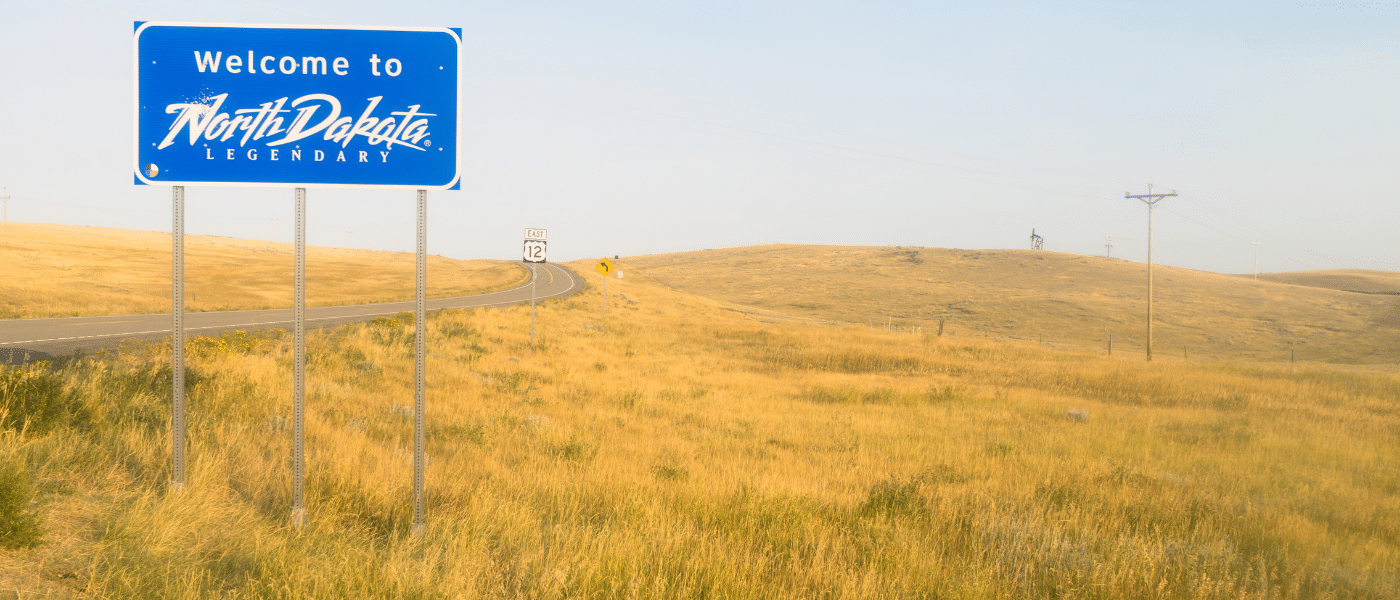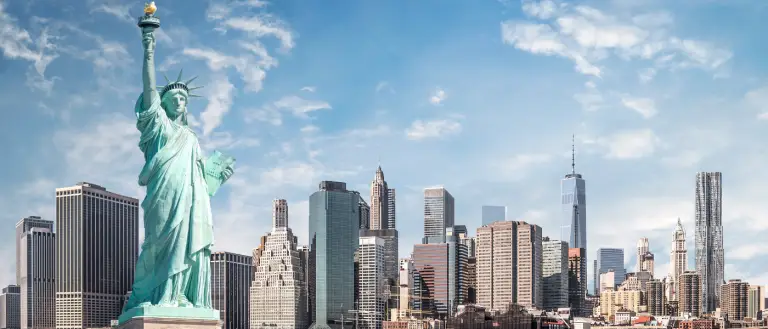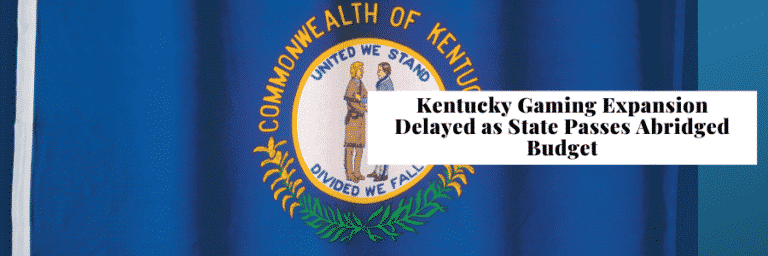North Dakota Online Poker Legislation Advances

Editor update: The North Dakota Senate voted unanimously to fail the North Dakota online poker legislation effort described in this post. We will continue to follow future efforts to legalize online poker in ND as they develop.
US online poker scored another small victory earlier this week as the North Dakota House of Representatives passed bills that would authorize regulated online poker.
In addition to online poker, ND lawmakers also passed a similar measure to legalize North Dakota sports betting.
Sports betting is spreading across the country, and those legal markets are already reaping the benefits of tax money, which has caught North Dakota lawmakers’ eyes. With financial incentives being more readily recognized and the overall culture towards online gambling becoming more accepted, this could be the tip of the iceberg for what’s to come for online poker. If it’s on the table in North Dakota, it will almost certainly get brought up elsewhere.
The key online poker bill, House Concurrent Resolution No. 3012, introduced by Rep. Jim Kasper, seeks to amend and reenact the state constitution as it relates to “authorizing internet live poker” so that all games conducted within North Dakota’s borders may be licensed and regulated by the state government.
There is a blanket prohibition on any game of chance, lottery, etc., under the North Dakota constitution. The exception to that rule is if it’s explicitly for the purpose of all net proceeds going towards charities, education, or other community-oriented causes such as civic, religious, or nonprofit veterans’ funds. The verbiage even goes as far as to say the legislative assembly “shall not authorize” these games “for any purpose whatever.”
The amendment looks to change the word “shall” to “may” and further remove the word “whatever” from the end of that same sentence. Such changes enable online poker to fall under the games of chance that may be authorized for operation umbrella. However, the one-page document does not further detail how the tax money generated may be distributed among governmental operations and other community-oriented entities.
The Future of North Dakota Online Poker
It’s clear with the passing of the resolution that new opportunities are on the horizon, which could benefit all parties involved. North Dakota Representative Jim Kasper (R) said of the bill’s advancement, “There’s thousands of people in the state of North Dakota who are playing online poker. It’s not regulated. It’s not taxed.”
This is not North Dakota’s first attempt at legalizing online poker. The Peace Garden State was one of the first to consider legalization, as its efforts to regulate online poker predates the passage of the Unlawful Internet Gaming Enforcement Act (UIGEA) that was the beginning of the end of the poker boom in America.
Needless to say, the bill from 2005 (also introduced by Rep. Kasper) years ago did not pass. At that time, the understanding of online poker was, in many ways, still in its infancy. Fast forward to 2021, and despite legalization in several states, there’s no shortage of Americans playing online poker on unregulated sites, leaving an untold amount of potential tax revenue out of state economies.
Kasper also mentioned that due to the lack of regulation, there’s no way to verify if the games are fair as information is not made public regarding the legitimacy of random number generators used to determine the outcome of games.
With that being said, the House approval is just one step on a long road to legalization, with several more hurdles still looming in the future.
Legalizing Online Poker in North Dakota
After passing through the state House, the next step for the bill is to go to the Senate, which will return from recess on March 3. The penultimate step is the approval of Governor Doug Burgum.
Should all of that come to pass, the final frontier will be up to the people of North Dakota in the form of a ballot measure in 2022.
Having well over a year to espouse the benefits of regulated, legal online poker could ultimately work in favor of the measure passing at the polls. Such a timeframe could also provide more momentum for other states to get on board between now and the next election by increasing online poker’s benefits in small population states like North Dakota through interstate agreements.
Are North Dakota Poker Legalization Efforts Worth Pursuing?
Less than 800,000 people live in North Dakota, a fraction of the population in other regulated markets such as New Jersey, Pennsylvania, and Michigan. As such, a “fenced-in” model of online poker would likely not make sense, nor would it be sustainable.
One such state to look at is Delaware. Delaware legalized online poker legal in 2013, along with Nevada and New Jersey. These three states now share player pools increasing the viability of each market.
And as stated in the opening, if North Dakota is considering online poker, other states will too.







